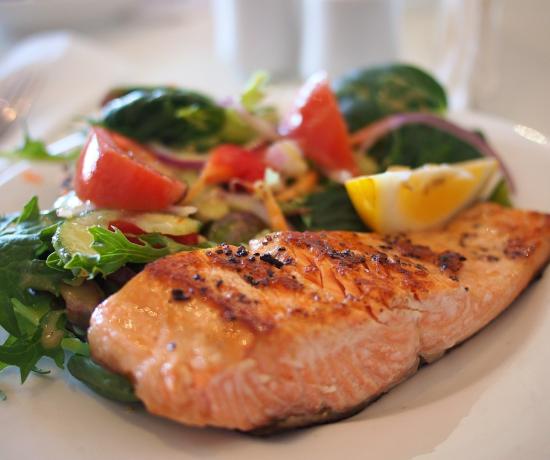We're sure you have heard the saying, ‘You are what you eat’. So if you are suffering from a chronic inflammatory disease you would think adopting a diet to help manage these symptoms would be easy, right? But the dietary advice provided by the media and even academic research can be confusing and contradictory, as endometriosis itself is not well understood.
In a survey of people with endometriosis in Australia, 44% were using some form of dietary strategy to help manage their symptoms. However, in this research no one diet provided greater benefit than others. View research study
Below we list some dietary strategies which may help you live well with endometriosis. But please keep in mind, everyone’s symptoms differ and we can have different dietary preferences and other medical conditions. The dietary advice given here is generalised, so if you need further clarification or an individualised approach please speak with a dietitian with a special interest in chronic pain and women’s health, while continually engaging with other members of your healthcare team.
 Skip to main content
Skip to main content 






